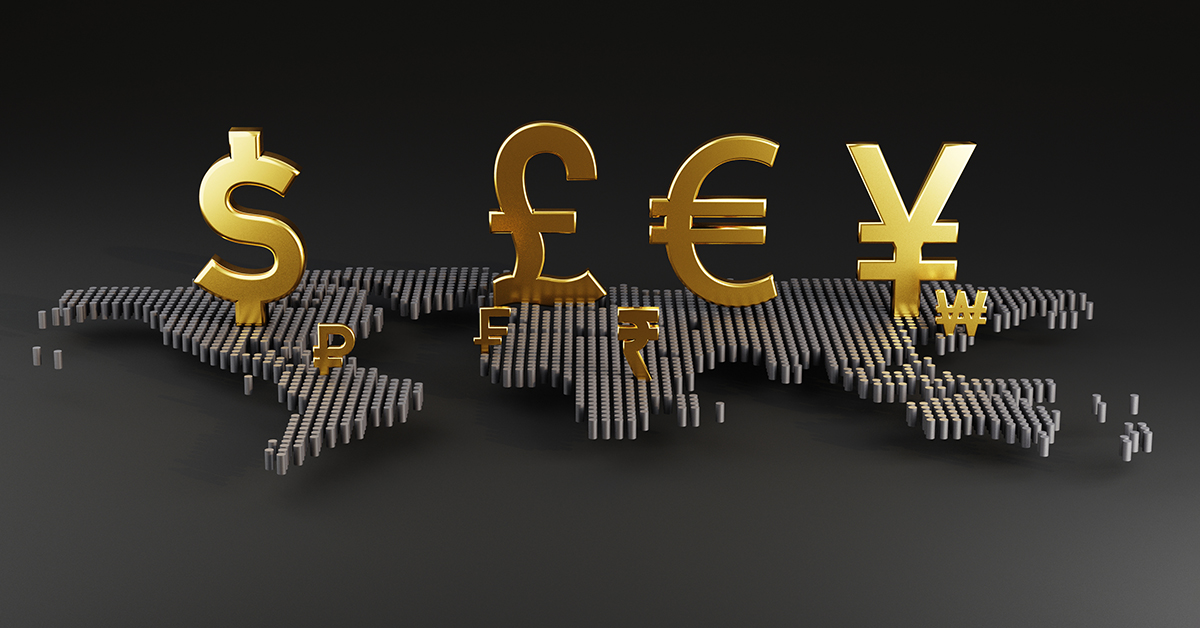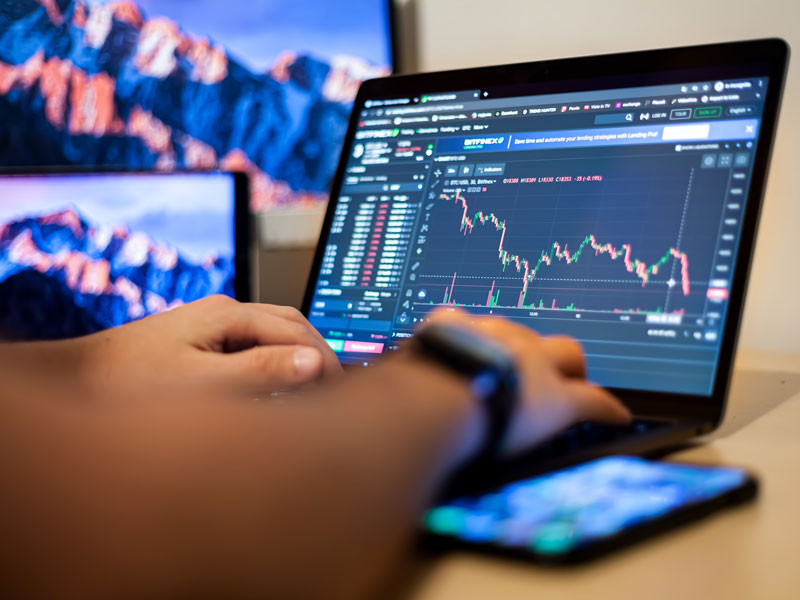

Forex trading is one of the most dynamic financial markets globally, characterized by high volatility and immense liquidity. However, with this potential for profit comes an equally significant level of risk. To safeguard both traders and the integrity of financial markets, various regulations have been established by financial authorities across the globe. In this article, we will delve into the world of forex trading regulations, exploring their importance and how they influence the behavior of traders and institutions. Additionally, we will examine how innovative technologies, like forex trading regulations Forex Trading Apps, are helping traders navigate these regulations more effectively.
Forex trading regulations serve multiple purposes. Primarily, they are designed to protect traders from fraud and malpractice. Given that the forex market operates 24/5 and involves substantial financial transactions, it becomes a target for unscrupulous actors. Regulations help in outlining ethical practices and establishing standards for compliance that brokers and traders must follow.
Additionally, regulations foster transparency within the market. By requiring companies to disclose their financial information and adhere to strict operational guidelines, regulatory bodies ensure that market participants can trust the entities they are dealing with. This transparency is crucial for maintaining investor confidence, which is essential for the market’s overall stability.
Various regulatory bodies govern forex trading across different regions. Here are some of the most notable ones:
Several key regulations impact how forex trading operates, with particular emphasis on protecting retail traders and ensuring a level playing field. Some of these include:

Non-compliance with forex trading regulations can lead to severe penalties for brokers, including hefty fines, revocation of licenses, and even criminal prosecution in extreme cases. For traders, engaging with unregulated or non-compliant brokers can lead to significant financial losses and a lack of recourse in disputes. As such, verifying the regulatory status of a broker is essential for anyone looking to invest in forex trading.
With the advent of advanced technology, compliance with forex trading regulations has become more manageable for brokers and traders alike. Forex trading apps and platforms increasingly incorporate features that help maintain compliance, such as automated reporting tools and risk management features.
Moreover, many platforms now offer educational resources that inform traders about the regulatory environment, helping them to stay up-to-date with the latest changes and understand their rights and obligations.
As the forex market continues to evolve, so too will the regulations governing it. The rise of cryptocurrencies and decentralized finance (DeFi) has prompted regulators to consider how existing frameworks apply to these new financial products.
Additionally, with increasing globalization, there is a growing need for international cooperation among regulatory bodies to address cross-border challenges in forex trading effectively. The harmonization of standards may lead to a more unified regulatory landscape, which can benefit traders and brokers by reducing complexity.
In conclusion, forex trading regulations play a crucial role in creating a secure trading environment. These regulations protect both traders and the integrity of the market. As financial technologies advance and the market’s dynamics evolve, ongoing dialogue among regulatory bodies, brokers, and traders will be essential to keep the forex market transparent, fair, and accessible for all.
2025年11月04日